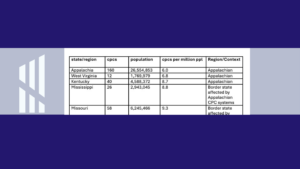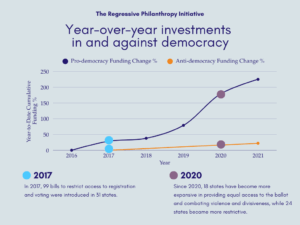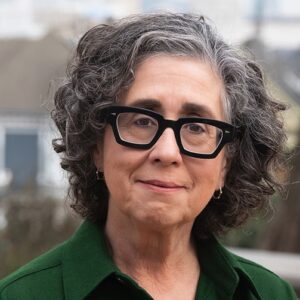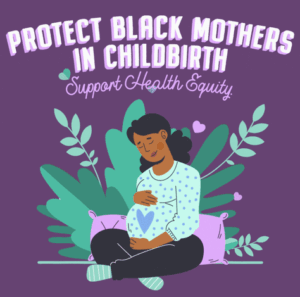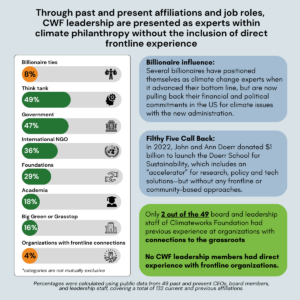We know you’re anxious to read our forthcoming Philamplify reports on the Kresge Foundation and the John S. and James L. Knight Foundation this fall, but in the meantime I have some news to appease your curiosity.
After nine comprehensive assessments of private, independent grantmakers from across the country, Philamplify is ready to deliver honest feedback to community foundations! We’ve chosen the first two, and both are collaborating with NCRP in the process.
In preparation, we’ve spent the past ten months adapting our methodology and strategic, social justice criteria to assess community foundations, incorporating input from 20 sector experts and field leaders. Changes include a revamped survey instrument for grantees and new criteria to assess relationships with donors. Furthermore, while we’ll continue to research each foundation’s goals, strategies, outcomes and impact, we’ve expanded our focus beyond grantmaking to more closely analyze each anchor institution’s asset development and public leadership.
This is an exciting evolution for our Philamplify initiative, but did you know that this won’t be the first time NCRP has assessed community foundations?
In 1989, NCRP published its first study of six of the nation’s largest community foundations. The cohort included urban grantmakers in Boston, Philadelphia, Cleveland, Seattle, Atlanta and Los Angeles. Between 1991 and 1995, NCRP added Atlanta, Chicago, Dallas, Denver and San Diego to the bunch as part of our Community Foundation Responsiveness Project, and published more detailed reports examining these ten foundations. True to our roots, the assessments analyzed each foundation’s responsiveness to low-income and other historically marginalized groups.
The summary report was uncompromisingly forthright:
“The low level of support awarded to community organizing, public policy initiatives, issue advocacy or institutional reform activities suggest that community foundations do not consider social action to be a social good. …
“The community foundations studied here similarly displayed considerable reluctance to fund organizations controlled by disenfranchised people. This strongly suggests that the popular portrayal of community foundations as cutting edge philanthropic institutions is largely exaggerated.”
In fact, the Denver Foundation took a courageous shift in strategy following our evaluation of its grantmaking in order to emphasize work in low-income neighborhoods. Today the Denver Foundation lists leadership, equity, inclusiveness, accountability and anti-discrimination as its core values, and holds true to an ongoing commitment to “reducing disparities and promoting equity for the most vulnerable members of our community, including people living in poverty, immigrants and refugees, and people of color.”
What will NCRP find this round? And how will the philanthropic sector react?
As with past Philamplify assessments, we took the same approach for deciding which funders to assess, and chose two of the nation’s largest community foundations: The New York Community Trust and The Oregon Community Foundation. We are thrilled that the executive leadership at both foundations recognize the value of Philamplify and have chosen to collaborate with us.
Located in one of the world’s most recognizable cities, The New York Community Trust will be the first “philamplified” community foundation. Ranked among the top ten for both assets and giving by Foundation Center, in 2013 The Trust held $2.4 billion and awarded over $144 million. Across the country, serving both rural and urban communities statewide, is The Oregon Community Foundation, with $1.7 billion in assets and $66 million in giving.
We’re excited to build on our history with community foundations and lift up actionable feedback from philanthropic peers, nonprofits, grantees and donors.
Do you have knowledge or insight to help inform our assessments? We want to hear from you! Contact me at cduffy@ncrp.org or (202) 387-9177 x31 to confidentially share your understanding of either community foundation. If not, tell us which grantmakers we should philamplify next!
Caitlin Duffy is the project associate for Philamplify at the National Committee for Responsive Philanthropy (NCRP). Follow @NCRP and @DuffyInDC on Twitter and join the #Philamplify conversation.
